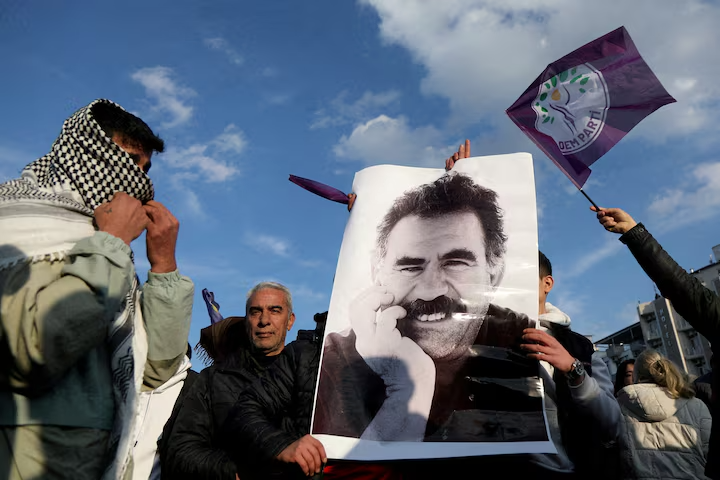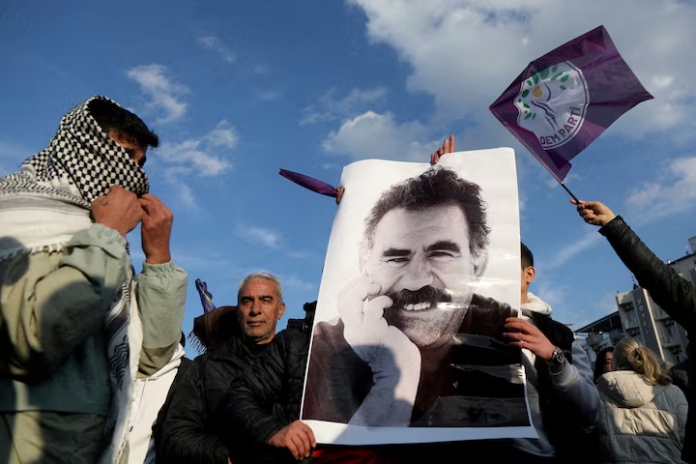In a historic move that could reshape the geopolitical landscape of the Middle East, the Kurdistan Workers Party (PKK) has announced the end of its 40-year armed insurgency against Turkey. The group, which launched its campaign in 1984 seeking an independent Kurdish state, has now opted to dissolve its military wing and pursue peaceful means.
Over four decades, the conflict has cost more than 40,000 lives, drained Turkey’s economy, and fueled widespread social unrest. The PKK’s recent congress concluded with the decision to end the violence, marking what many hope will be the beginning of a new era of peace and development.
The decision follows a public appeal from jailed PKK founder Abdullah Ocalan earlier this year. Ocalan, imprisoned since 1999, had urged the group to transition from armed conflict to democratic political engagement. According to the Firat News Agency, which is close to the PKK, the congress resolved to disband the group’s organizational structure and cease all military operations immediately.
However, the future remains uncertain. The group’s full disarmament depends largely on how the Turkish government responds—especially regarding Kurdish rights and the treatment of PKK fighters. Ankara, while welcoming the move, has not yet confirmed whether Ocalan will have any official role in managing the transition.
Turkey’s Foreign Minister Hakan Fidan called the PKK’s announcement “historically significant” and expressed hope that it would lead to lasting peace. He emphasized the importance of following through with concrete steps, which the government plans to monitor closely.
The development could also have broader implications for regional security. The PKK has long had a presence in northern Iraq and ties to Kurdish forces in Syria, such as the YPG, which Turkey considers a terrorist affiliate. It remains unclear how this decision will affect those dynamics.
For President Recep Tayyip Erdogan, the announcement is both a political and strategic win. With his eyes set on extending his rule beyond 2028, Erdogan may now have a chance to improve conditions in the predominantly Kurdish southeast region of Turkey—an area long plagued by violence and economic underdevelopment.

The move was praised by the pro-Kurdish DEM Party, which had played a behind-the-scenes role in promoting dialogue. Party deputy leader Tayip Temel described the decision as a “milestone” not just for Kurds, but for the entire region.
Public reaction has been cautiously optimistic. In Diyarbakir, the largest city in southeast Turkey, residents expressed hope for a better future. “It’s important that no more lives are lost and that the Kurdish issue can be resolved democratically,” said local resident Hasan Huseyin Ceylan.
While previous peace efforts between Turkey and the PKK have failed—most notably a collapsed ceasefire from 2013 to 2015—this latest development has garnered international support from the U.S., EU, Iraq, and Iran.
If successful, the end of the PKK’s armed insurgency could remove a major flashpoint in the region, ease tensions in Kurdish-held areas of Syria and Iraq, and potentially usher in a new era of political and economic cooperation.



